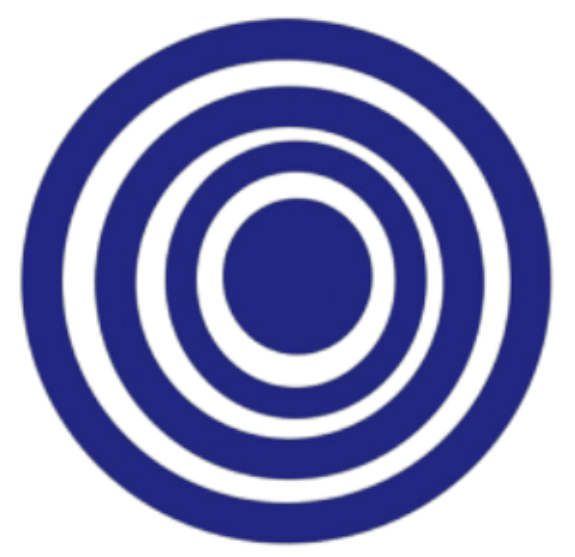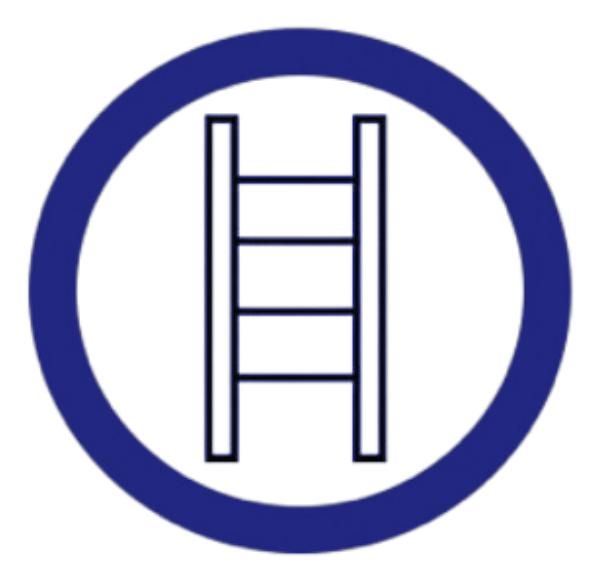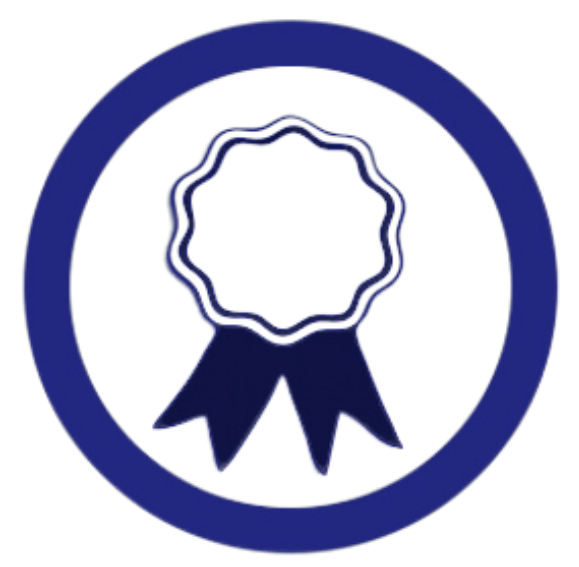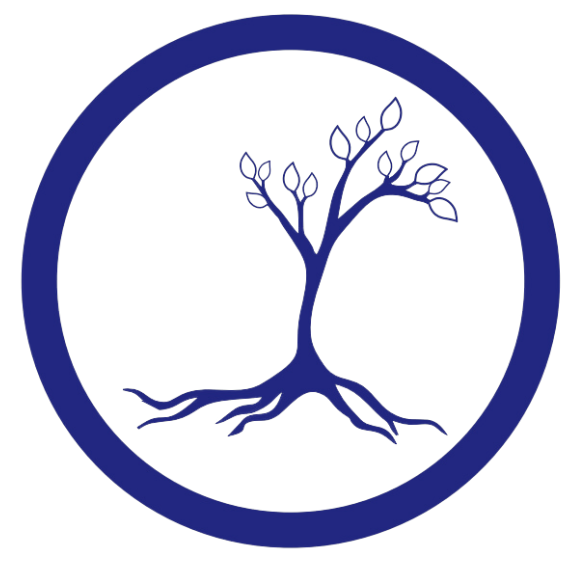Religious Education
 Intent
Intent
We aim to lead our pupils into the world of religion through their own life experiences. This helps pupils to make sense of the world, making it meaningful and relevant to the world we live in, as well as being able to demonstrate empathy for others.
As pupils work through our RE curriculum, they will explore different religions and evaluate what they have learnt, thinking about personal reflections. During their time at Bowes, pupils will acquire an outstanding level of religious understanding and knowledge, thinking about meaning and significance of existence. Pupils will become reflective learners and develop a strong understanding of how the beliefs, values, practices and ways of life within any religion cohere together.
 Implementation
Implementation
We use 'Discovery RE' to support the planning and delivery of an engaging RE curriculum. Teachers use an enquiry approach to explore six of the world's principal religions - Christianity, Islam, Judaism, Hinduism, Sikhism and Buddhism.
Weekly lessons focus on subject knowledge, critical/evaluative thinking and personal spiritual development. Lessons build on prior learning with knowledge and skills developed year-on-year.
Each enquiry is based around a key question. Pupils use their subject knowledge throughout the unit to weigh up evidence and come to a conclusion. Units start with an enquiry, encouraging pupils to use their own experience, which then bridges into the world of religion allowing the enquiry question to be investigated further. This happens through investigative lessons and then to an evaluation. Pupils will think critically about what has been learnt in relation to the enquiry question and whether their initial starting point has changed. This happens through rich discussions in class and some analysis of texts, building upon pupils' oracy skills.
 Impact
Impact
The curriculum is the progression model. If pupils are able to demonstrate they are able to know and remember more against our curriculum expectations they are making good progress and attaining expected standards.
By the end of an enquiry, pupils would have had opportunities to develop personal resonance/reflection on the subject content relating to the enquiry, knowledge and understanding of subject content relating to the enquiry and finally being able to evaluate and demonstrate critical thinking in relation to the enquiry.
During and/after lessons, pupils are assessed through informal assessment techniques: questioning, conferencing, reviewing written work against learning objective/success criteria, short retrieval activities.
At the end of units, pupils are assessed using high quality conversations and class-based tasks.
 Beyond the Curriculum
Beyond the Curriculum
Where possible, trips and experiences are organised to compliment some of the units studied.
In addition, we welcome members of our community to share their own experiences, helping pupils to reach conclusions based upon enquiry questions and to bring learning to life.
